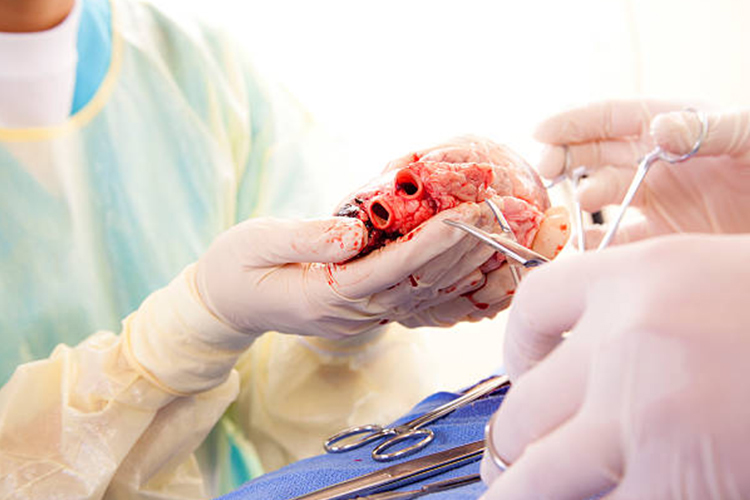Organ Transplant

What Is Organ Transplantation and What Are Organ Transplants?
Organ transplantation is a medical procedure that involves removing a healthy organ from a donor and transplanting it into a recipient who has a damaged or failing organ. The goal of organ transplantation is to improve the recipient’s quality of life and increase their lifespan. The organ most often transplanted is the kidney, but organs like the heart, liver, pancreas, lungs, and intestines can also be transplanted.
How Long Are Organ Transplantation Waiting Times?
Organ transplantation waiting times can vary depending on several factors, such as the type of organ needed, the severity of the recipient’s condition, the availability of suitable donors, the location of the hospital, and other factors. In some cases, the waiting period can be relatively short, while in other cases, it may take months or even years to find a suitable donor.
What Are the Policies for Organ Transplantation?
Organ transplantation policies are put in place to make sure that each patient receives the best care and the best outcome. Policies make sure that the organs are distributed fairly and that the health and wellbeing of the patient is not compromised. Policies also cover the criteria for organ donation and how decisions about organs are made for different patients. These policies have been put in place to ensure that the transplantation process is fair and equitable for all patients. These policies may vary depending on the country or region, but typically involve strict criteria for organ donation, allocation, and distribution.
What Are the Procedures for Organ Transplantation?
Organ transplant procedures involve evaluating the organ donor and the recipient, assessing their medical history, and determining whether the organs are suitable for transplant. The donor and the recipient must go through a series of pre-procedure tests, screenings, and evaluations to make sure the organs are compatible and to ensure that the donor organ is compatible with the recipient’s body and will not be rejected by the recipient’s immune system. The procedure itself usually involves surgical incisions and anaesthesia and can last anywhere from a few hours to a few days depending on the complexity of the procedure. Following procedures typically involve several steps, including organ procurement, preservation, and transplantation.
Travel with Health Trawell for Organ Transplantation
Overall, organ transplantation is a complex and highly regulated medical procedure that has the potential to save and improve the lives of many patients. However, it also presents several ethical, legal, and medical challenges that must be carefully managed to ensure the best possible outcomes for both donors and recipients. Organ transplantation can really be a life-saving procedure, but it is important to remember that it is also a major medical procedure with risks involved. The best outcomes are achieved when care is taken to ensure the transplant is successful. Associate with Health Trawell to evaluate your donor options for organ transplantation, and get it done under their umbrella of medical tourism services in India.
Recent Posts
-
The Complete Price Guide To Cancer Radiotherapy In India
-
Cost Of Treatment For Lung Cancer In India: A Comprehensive Guide
-
Cancer Chemotherapy Costs: Comparing Prices Across Major Cities In India
-
How Much Does Biopsy Cost In India? A Detailed Breakdown
-
Prostate Cancer Treatment Costs in India: An In-Depth Analysis
-
Psychological Factors Affecting Male Performance
-
Lung Cancer Treatment Cost In India: What To Expect
-
Understanding Leukemia Treatment Costs in India
-
Erection Problems: Common Causes and Effective Solutions
-
Cost of Breast Cancer Chemotherapy in India: A Detailed Overview
-
Best Hospitals In India For Erectile Dysfunction Treatment
-
Understanding Kidney Stones Surgery Cost: What to Expect
-
Sexual Problems In Men: When To See A Doctor
-
Erectile Meaning in English: Understanding the Science
-
Dysfunction Meaning & Its Impact on Sexual Health
